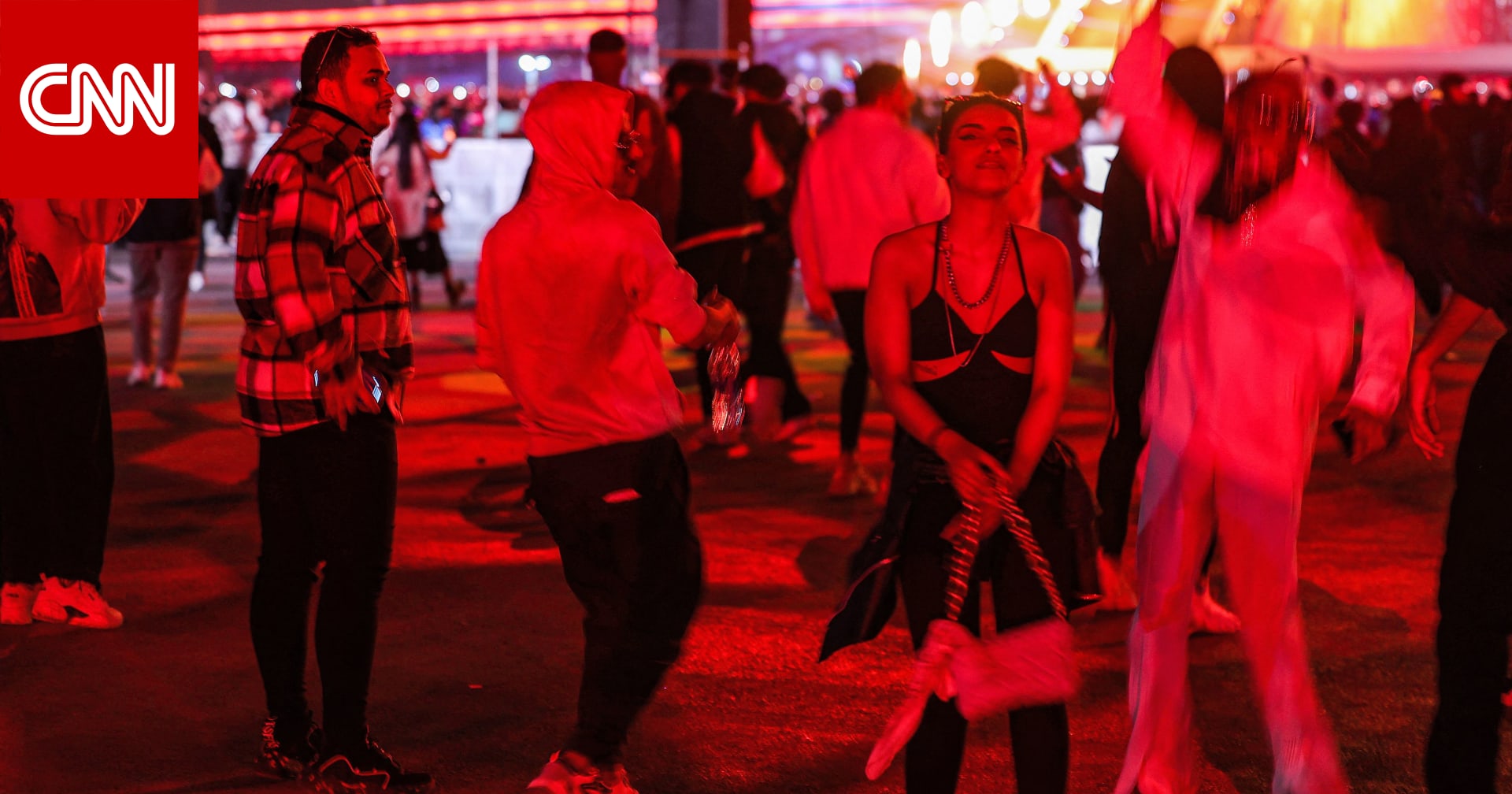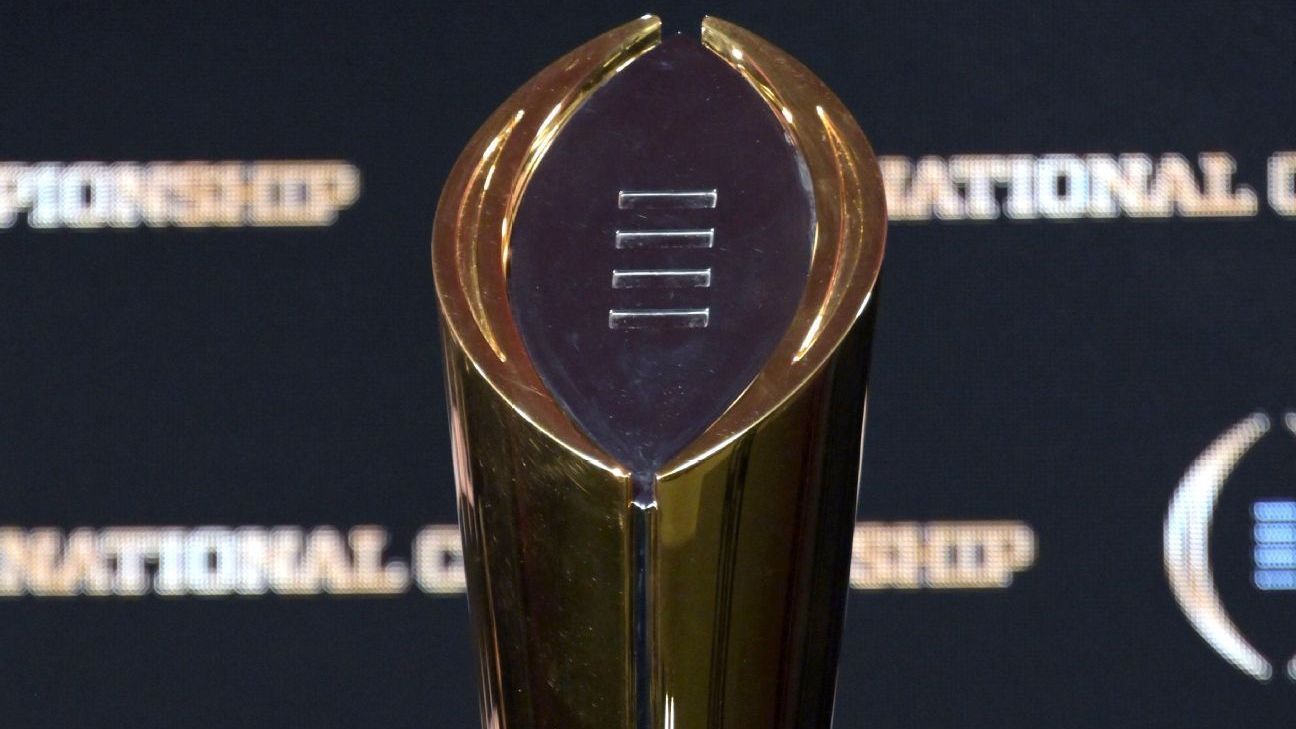Reporting by Nadine Ibrahim, in CNN’s Middle East newsletter. To subscribe to the newsletter (press here)
Abu Dhabi, United Arab Emirates (CNN) — Electronic music, strobe lights, glamorous faces, and hundreds of thousands of people of both genders joining in the celebrations together are part of a new kind of ritual in Saudi Arabia that didn’t exist just 3 Years ago.
The ‘Middle Beast Sound Storm’ music festival, which began its sessions in the Kingdom in 2019, is back again for the fourth year, from Thursday to Saturday.
In just 5 years since Saudi Arabia lifted its ban on music events, the kingdom’s concert scene has arguably surpassed even that of Dubai, long considered the leading entertainment hub in the Gulf region.
The country, known better as the cradle of Islam than a bustling metropolis, has undergone a massive transformation since Crown Prince Mohammed bin Salman took over the day-to-day administration of the kingdom in 2017. One symbol that has emerged is the Soundstorm .
Hundreds of thousands of people from all over Saudi Arabia and the region travel to a deserted place outside the capital, Riyadh, to hear some of the top Western and Arab entertainment, for three days every winter.
The wild parties are a manifestation of the spirit behind Saudi Arabia’s social and economic transformation, according to Anna Jacobs, a senior analyst at the Crisis Group think tank. She said it was “an especially powerful example as it seeks to bring together young men and women from all parts of Saudi Arabia and the world.”
David Guetta, Post Malone and Bruno Mars are just a few of the stars who will perform at this year’s event, which prides itself on being the “Williest Festival in the Region”. Tickets cost between 149 riyals (about $40) for one day and 6,699 riyals (about $1,800) for three days for VIP tickets.
According to reports, the festival welcomed 730,000 people last year. In contrast, the Electric Daisy Carnival in Las Vegas, which is the largest dance music festival in North America, had more than 400,000 attendees this year.
An event like the “Soundstorm” would have been unimaginable in the country just six years ago, when religious police roamed the streets criticizing Saudis for promiscuity or violating social norms. But now it is part of the liberation initiative led by Mohammed bin Salman. He accompanies a series of measures to loosen social rules, including the lifting of the ban on women driving and the control of the religious police.
Saudi Arabia in 2016 created the General Entertainment Authority alongside Vision 2030, the crown prince’s plan to diversify the kingdom’s economy away from oil, which accounts for more than half of government revenue. Among its goals was to double household spending on cultural and recreational activities within the Kingdom. Riyadh is now seeing more than $64 billion in entertainment investment, according to Arab News, with a large portion of it going to the live music industry.
Vision 2030 prides itself on providing “world-class entertainment” and claims to have organized as many as 3,800 entertainment events in the country, which were attended by over 80 million people.
“The basic principle of enabling festivals is to provide young people with local entertainment and local tourism opportunities so they don’t have to travel abroad in search of entertainment,” said Saudi writer and analyst Ali Al-Shihabi.
Al-Shihabi added that some conservatives may find the festival unacceptable, but given that young people make up the majority of the country’s population, they remain the main beneficiaries.
About two-thirds of Saudi Arabia’s population is aged 34 or younger, according to the Saudi General Authority for Statistics. Analysts say it’s the young people Mohammed bin Salman needs to please, not the conservatives.
Alcohol is still prohibited in the kingdom, as is sexual intercourse between unmarried men and women.
However, the festival is not without international criticism and accusations of whitewashing the human rights record in the Kingdom. Human Rights Watch said last year that performers should “speak up” about human rights abuses in Saudi Arabia or not attend the festival at all.
“Saudi Arabia has spent billions of dollars hosting massive entertainment events and cultural events in a deliberate (attempt) to disguise the country’s abysmal human rights record, and Soundstorm is no different,” Joy Xia told CNN, Human Rights Watch researcher. arbitrary arrests of dissidents, activists, human rights defenders and ordinary Saudi citizens.
Al-Shihabi rejected the allegation that the festival is being used to disguise the country’s human rights record, saying it “has nothing to do with any global image and is only focused on serving local needs.”
Soundstorm organizers did not respond to CNN’s request for comment.
However, some argue that opening countries to international norms and values may allow for better discussion of human rights deficiencies.
“I think there’s a way for these big international events — whether it’s the World Cup in Qatar or music festivals in Saudi Arabia — to help open the public discourse to critical discussion,” Jacobs said.
“They can help nurture healthy criticism and debate about human rights issues in the region, and as the Gulf continues to establish itself as a center of gravity in the region, I think this is what we will see,” he added.


